Defining the Area
To begin this investigation, the initial step involved establishing the boundaries of the region commonly referred to as the Bermuda Triangle. While some sources suggest that it spans 500,000 square miles, others contend that it covers 1,510,000 square miles. However, it is generally agreed that this region form a triangle shape between Puerto Rico, Miami, and Bermuda.
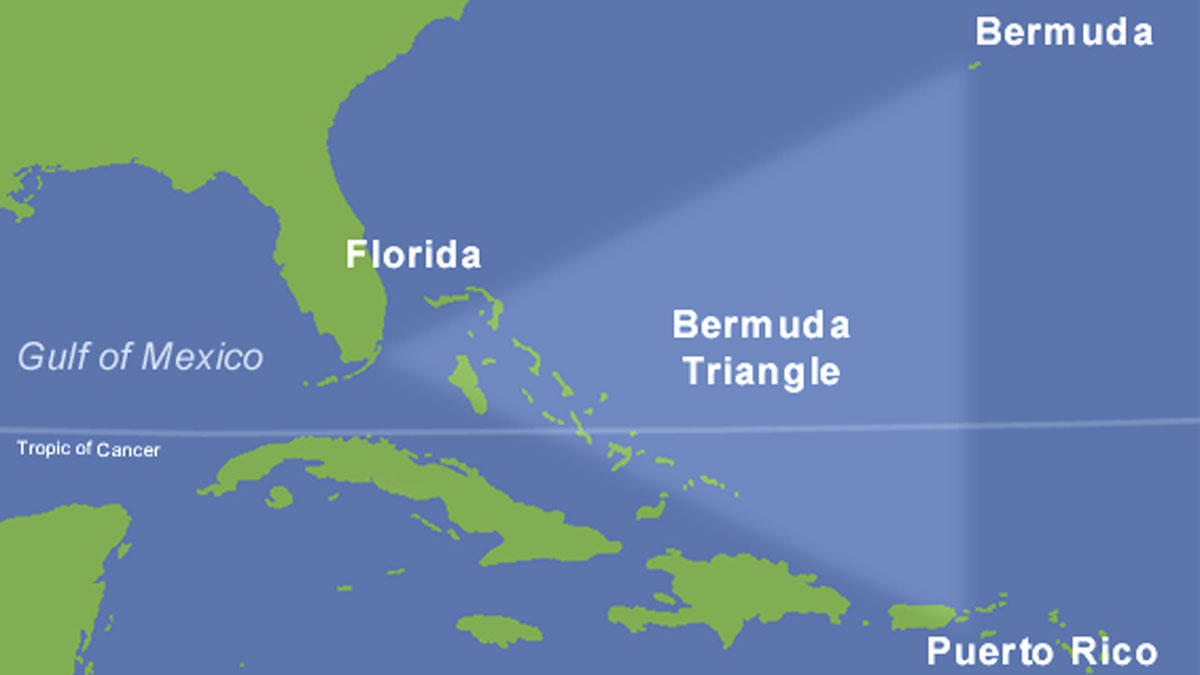
Defining The Area
Something Terrifying
When ships and planes venture through this particular corner of the world, a dreadful phenomenon unfolds. Countless vessels have disappeared without leaving any trace behind, leaving people intrigued by these mysterious incidents.
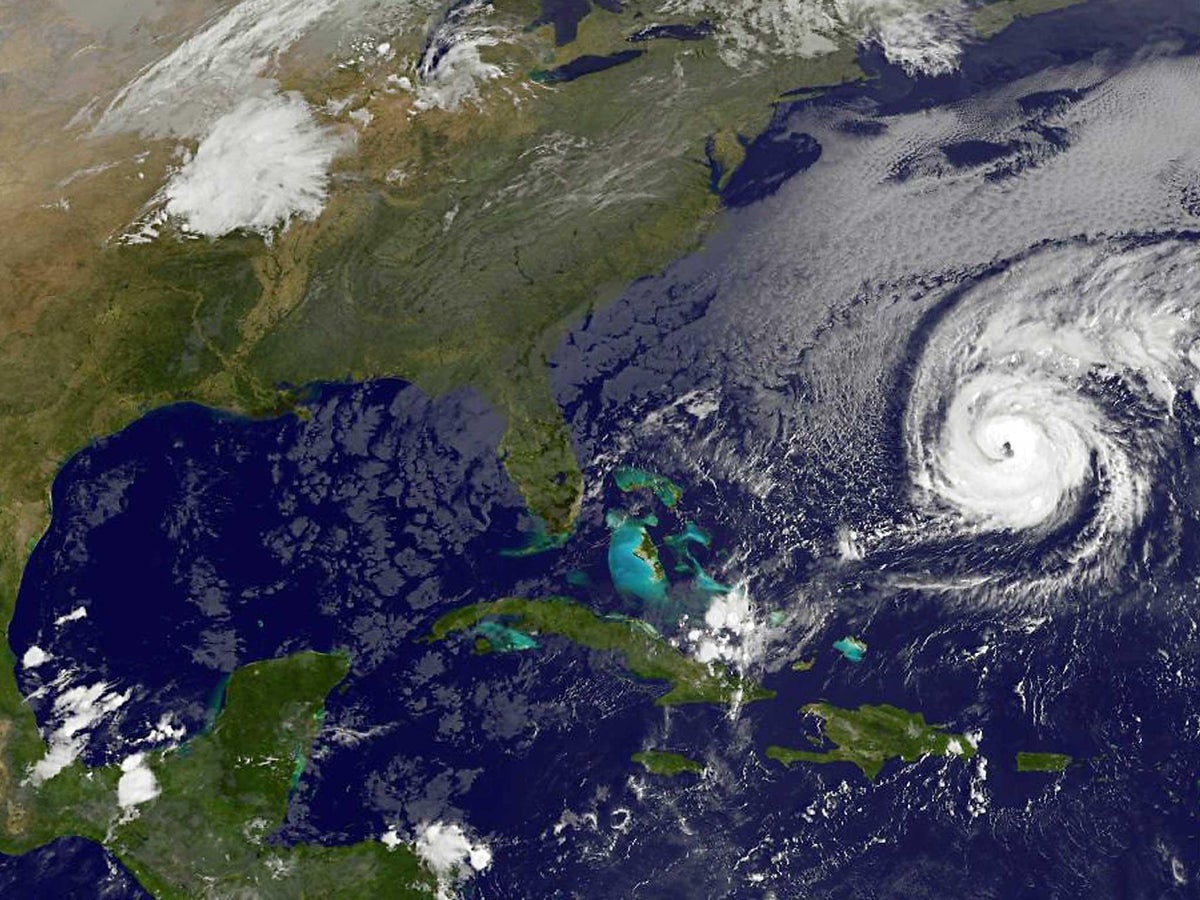
Something Terrifying
Christopher Columbus
The origins of this enigma are thought to harken back to the oceanic expeditions of Christopher Columbus. In his journal, Columbus documented that his compasses malfunctioned while navigating through this region. He also observed peculiar lights that he could not explain.
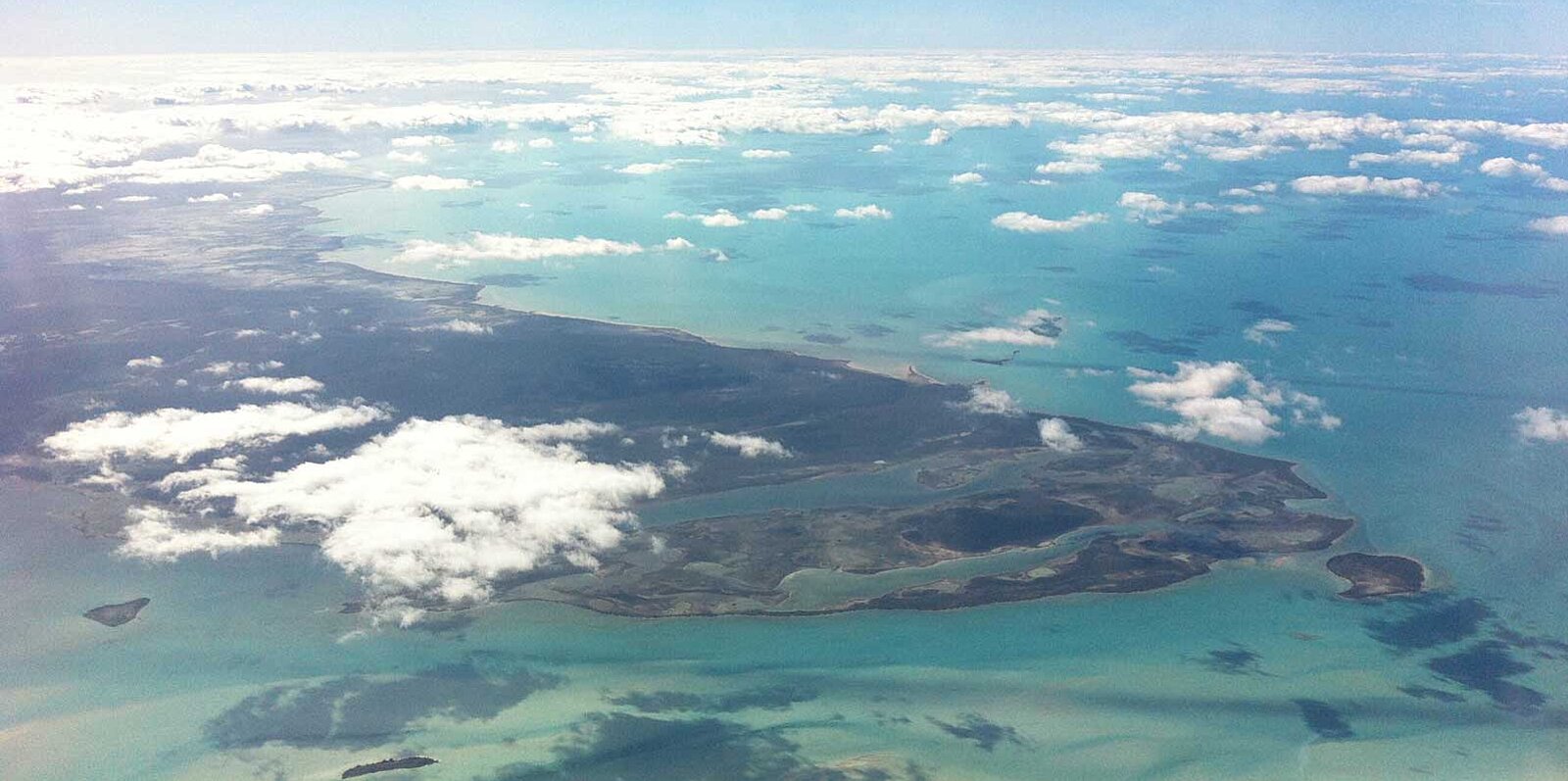
Christopher Columbus
The USS Cyclops
However, that is not the only strange incident that has occurred. In March 1918, the USS Cyclops, carrying 309 individuals, departed from Barbados as scheduled. During its journey through the triangle, the ship and all its occupants disappeared without a trace.
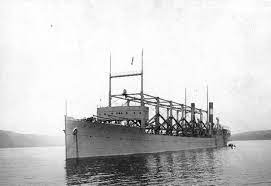
The USS Cyclops
Five Avenger Torpedo Bombers
On December 5, 1945, a group of five Avenger torpedo bombers embarked on a training exercise following World War II. As they flew over the Atlantic Ocean and crossed into the Bermuda Triangle, they mysteriously vanished without any subsequent sightings.
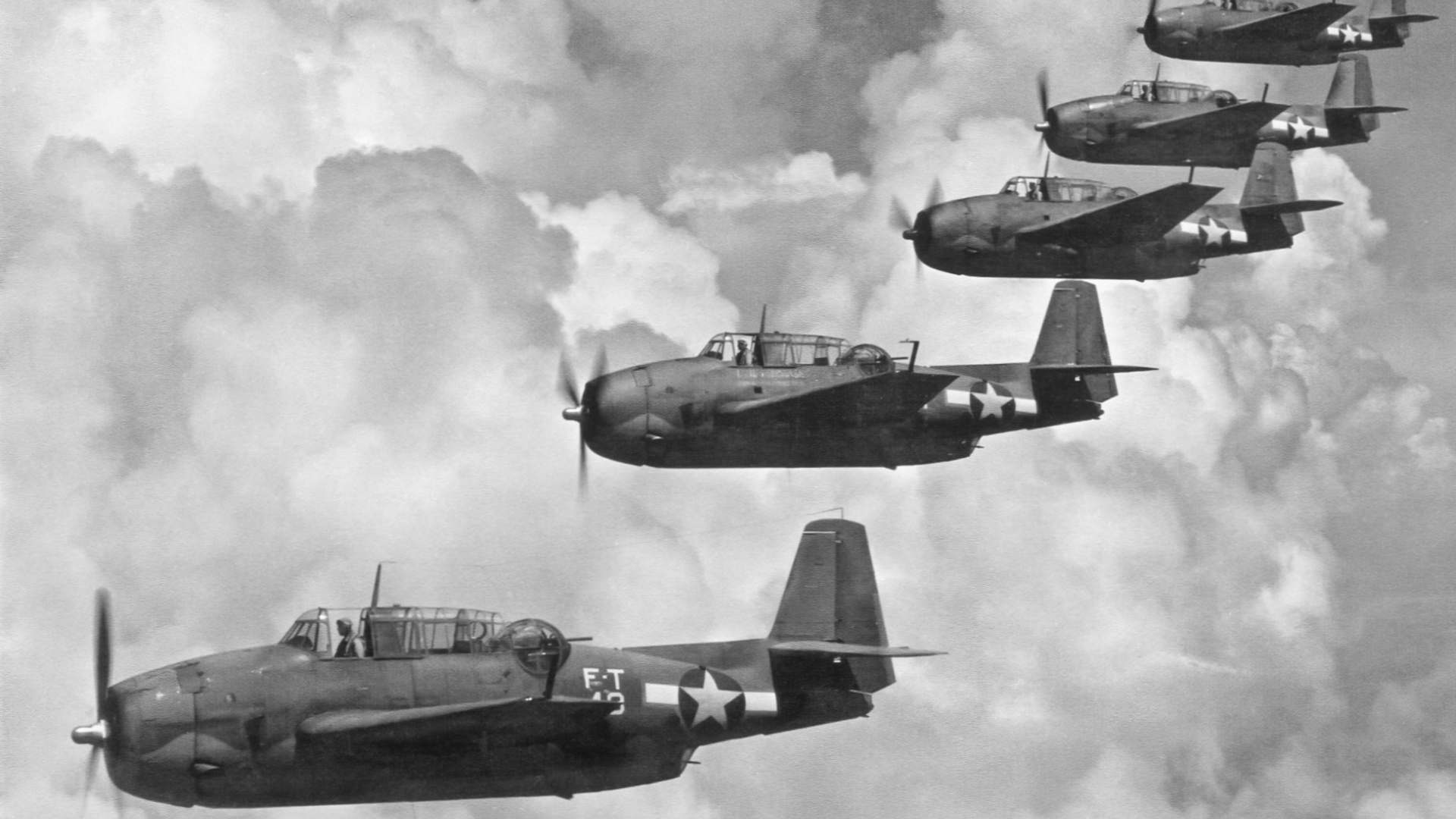
Five Avenger Torpedo Bombers
Sparking Imaginations
A search and rescue team was dispatched to locate the missing bombers, but they too vanished without being seen again. These perplexing incidents have captivated the minds of writers for many years. In fact, it is speculated that a shipwreck that occurred in the Bermuda Triangle in 1610 may have served as inspiration for William Shakespeare’s play, The Tempest.

Sparking Imaginations
Argosy Magazine
In the 1964 edition of Argosy magazine, Vincent Gaddis penned an article titled “The Deadly Bermuda Triangle.” Within this captivating piece, Gaddis connected the mysterious vanishing of the Avenger bombers in 1945 with other unusual happenings that have taken place within the boundaries of the Bermuda Triangle.

Argosy Magazine
Demanding More
The widespread interest generated by Gaddis’ article prompted him to publish a book entitled Invisible Horizons. However, the public’s fascination with this enigmatic region of the ocean persisted, and the demand for more information about the Bermuda Triangle continued.

Demanding More
Eerie Events
Over time, numerous hypotheses were developed to explain the unsettling events that took place in this area. One popular theory postulated that colossal sea creatures were the cause of these anomalous incidents.
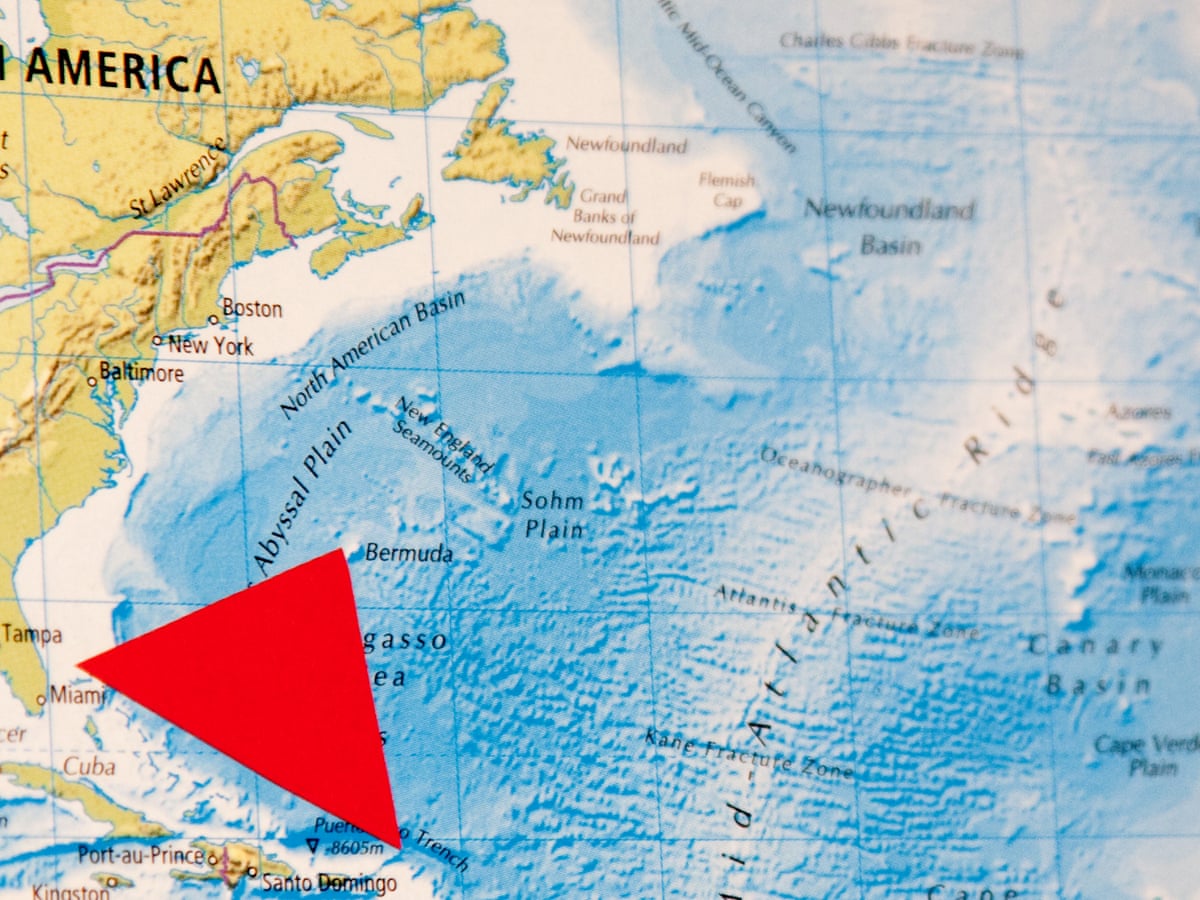
Eerie Events
Outlandish Theories
When the researchers from Southampton set out to investigate the phenomenon, they faced a daunting task. Their first step was to dispel the far-fetched conjectures that had been generated by the public.
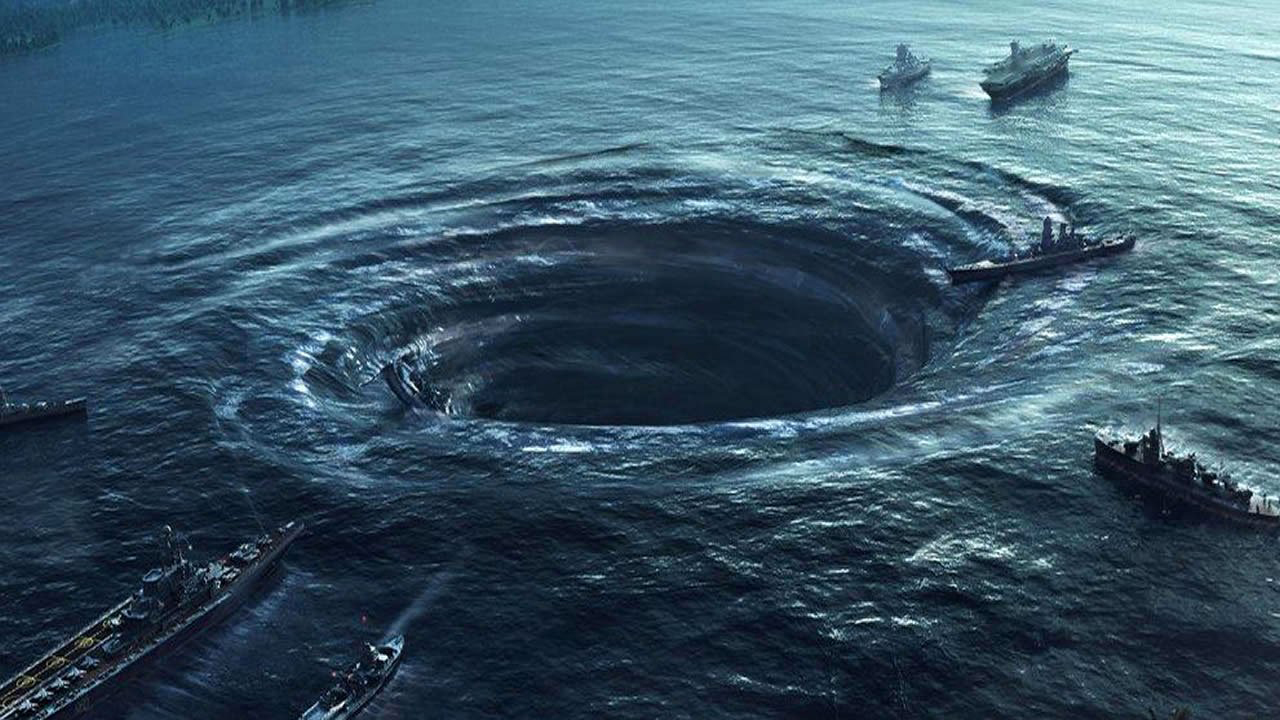
Outlandish Theories
Atlantis
One of the more outlandish conspiracy theories suggested that the Lost City of Atlantis was located beneath the Bermuda Triangle. According to this theory, the advanced technology of the Atlanteans was still functioning and was responsible for the unexplained disappearance of ships and planes in the area.
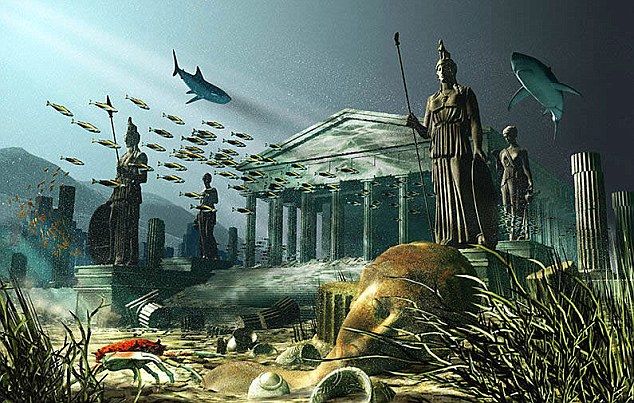
Atlantis
A Wormhole
Conspiracy theorists also put forward the notion that a genuine wormhole existed within the Bermuda Triangle. According to this theory, the area was exempt from the laws of space-time, leading to objects being transported to alternate dimensions.
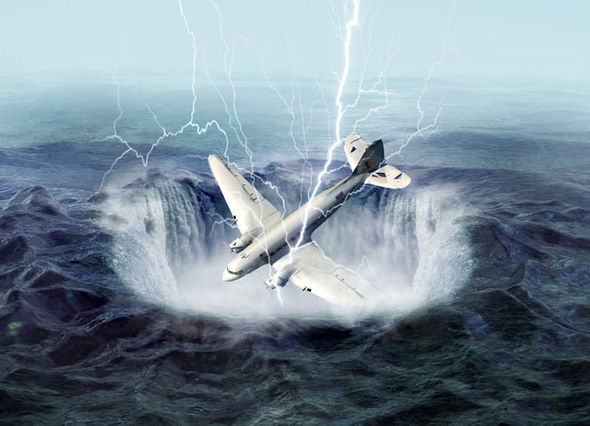
A Wormhole
Aliens or Sea Beasts
While these theories may be fascinating to ponder, the reality behind the enigmatic happenings in the Bermuda Triangle has nothing to do with sea monsters or extraterrestrial life. Instead, the scientists and researchers in England claim to have uncovered a rational explanation for these perplexing events.
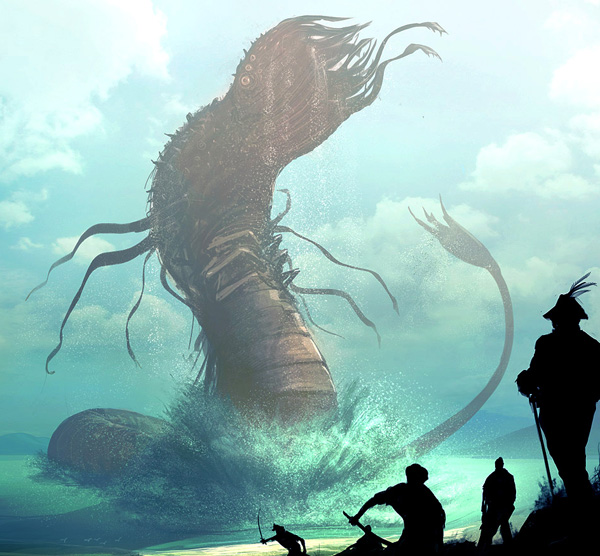
Aliens Or Sea Beasts
The Issue
Many scholars the University of Southampton in England have dedicated considerable effort to investigating the phenomena associated with the Bermuda Triangle. Based on their extensive research, they contend that the culprit behind these incidents is the water itself.
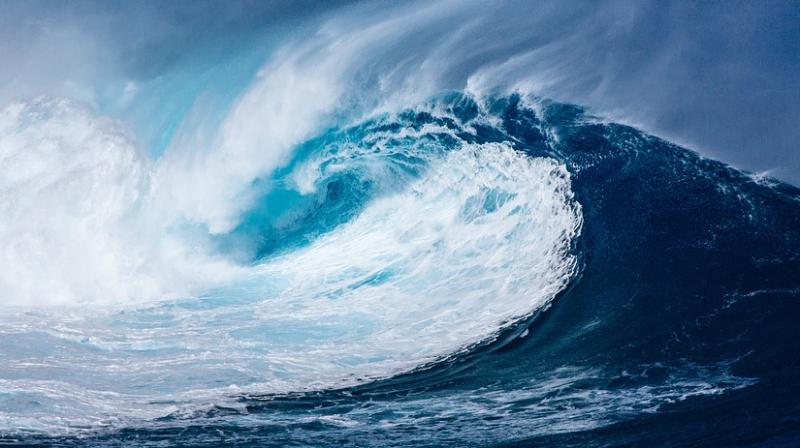
The Issue
Rogue Waves
According to the team of researchers, the probable explanation for the countless missing ships in the area is the existence of rogue waves. These waves are thought to be produced when three colossal storms converge from different directions, resulting in tsunami-like waves.
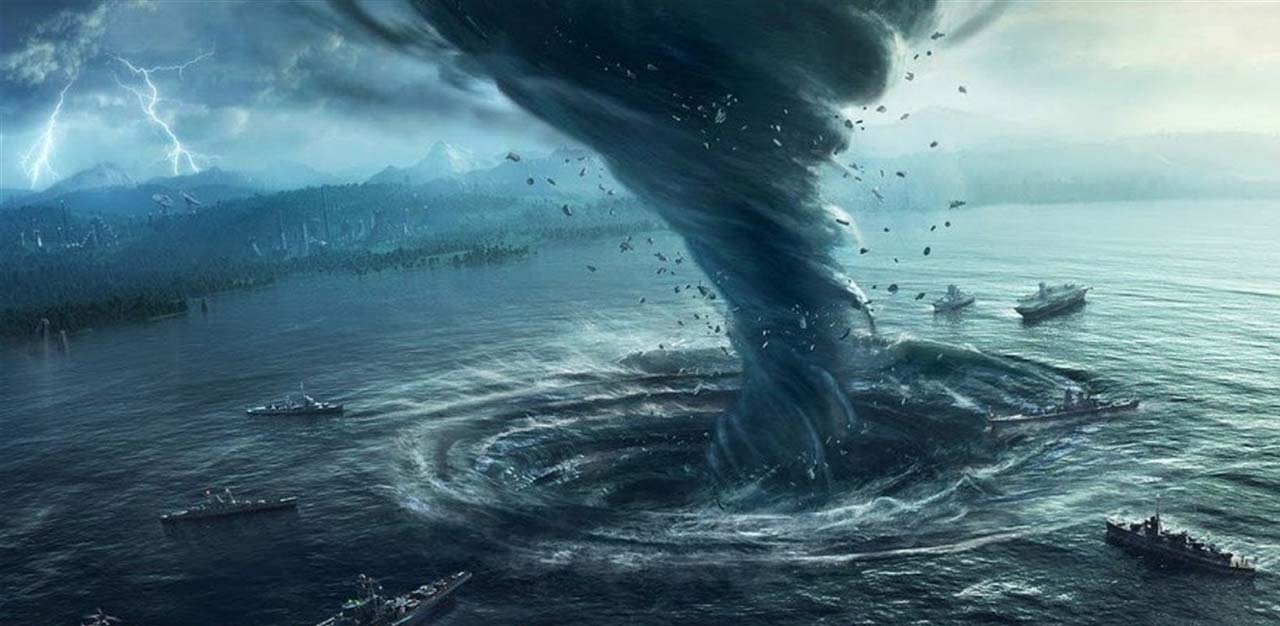
Rogue Waves
Sheer Power
The scientists speculate that these waves rise high above everything else in the ocean, rendering them impossible to evade. The sheer force of these towering waves is capable of pulverizing ships and causing them to sink straight to the ocean floor.
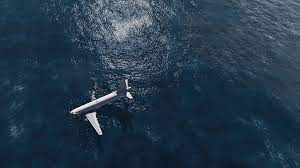
Sheer Power
Strange Secrets
According to Dr. Simon Boxall, the size of the vessel determines the extent of the damage caused by the rogue waves. The water peaks at both ends of the vessel, causing it to break in two. Despite this, the US Coast Guard has deemed the area safe for navigation.
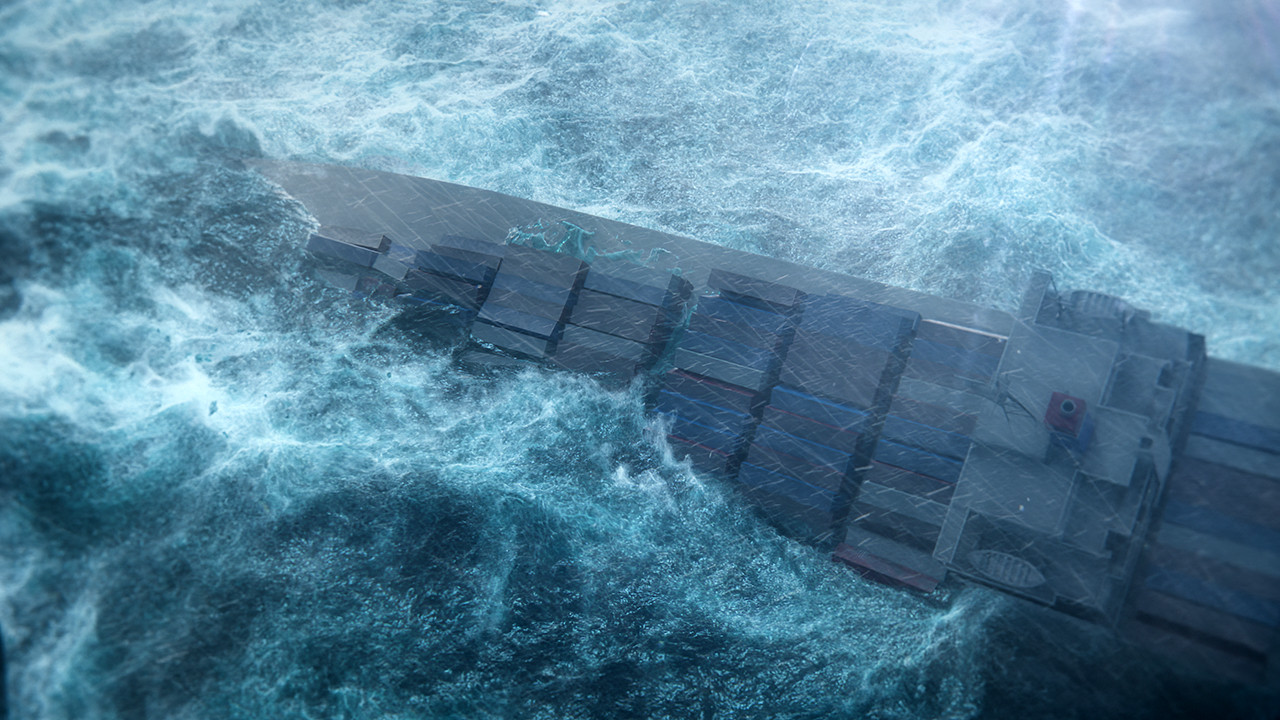
Strange Secrets
The Great Blue Hole
While discussing paranormal events can be entertaining, the depths of Earth’s waters hold their own peculiar secrets. The Great Blue Hole, situated nearly 40 miles off the coast of Belize City, is one of them. At over 1,000 feet wide, it was once thought to be the largest sinkhole of its kind.
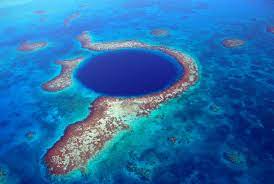
The Great Blue Hole
World Heritage Site
Situated at the heart of Lighthouse Reef, which is one of many small atolls forming the world’s second-largest coral reef system, the Great Blue Hole is a significant feature. It was once regarded as the most massive of its kind, with a diameter of over 1,000 feet. Due to its location, the Great Blue Hole is recognized as a UNESCO World Heritage Site.
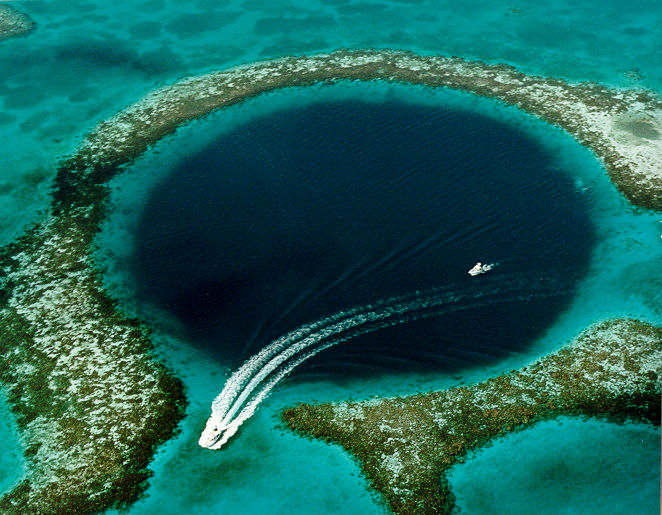
World Heritage Site
Jacques Cousteau
Despite the Great Blue Hole being discovered by researchers in the mid-20th century, it wasn’t until famed marine explorer Jacques Cousteau visited the site in 1971 that its true magnificence was appreciated by the world.

Jacques Cousteau
Confirming
In 1971, Jacques Cousteau, the renowned marine explorer, visited the site and used a mobile laboratory on his vessel, the Calypso, to measure the depth of the Great Blue Hole. His measurements indicated that it was around 407 feet deep. This measurement was later confirmed by an expedition conducted by the Cambrian Foundation in 1991.
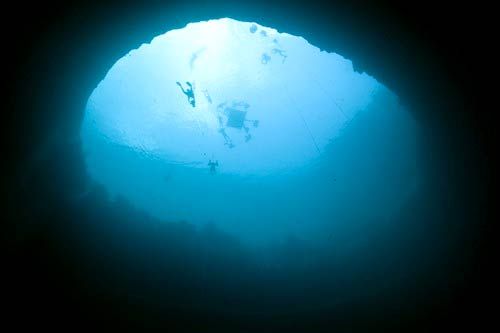
Confirming
Scuba Spot
The Great Blue Hole has gained popularity as a scuba diving destination for professional divers since Jacques Cousteau’s exploration. It is now considered one of the world’s best reefs. However, despite its fame, there is still much to be learned about this vast underwater cavern.
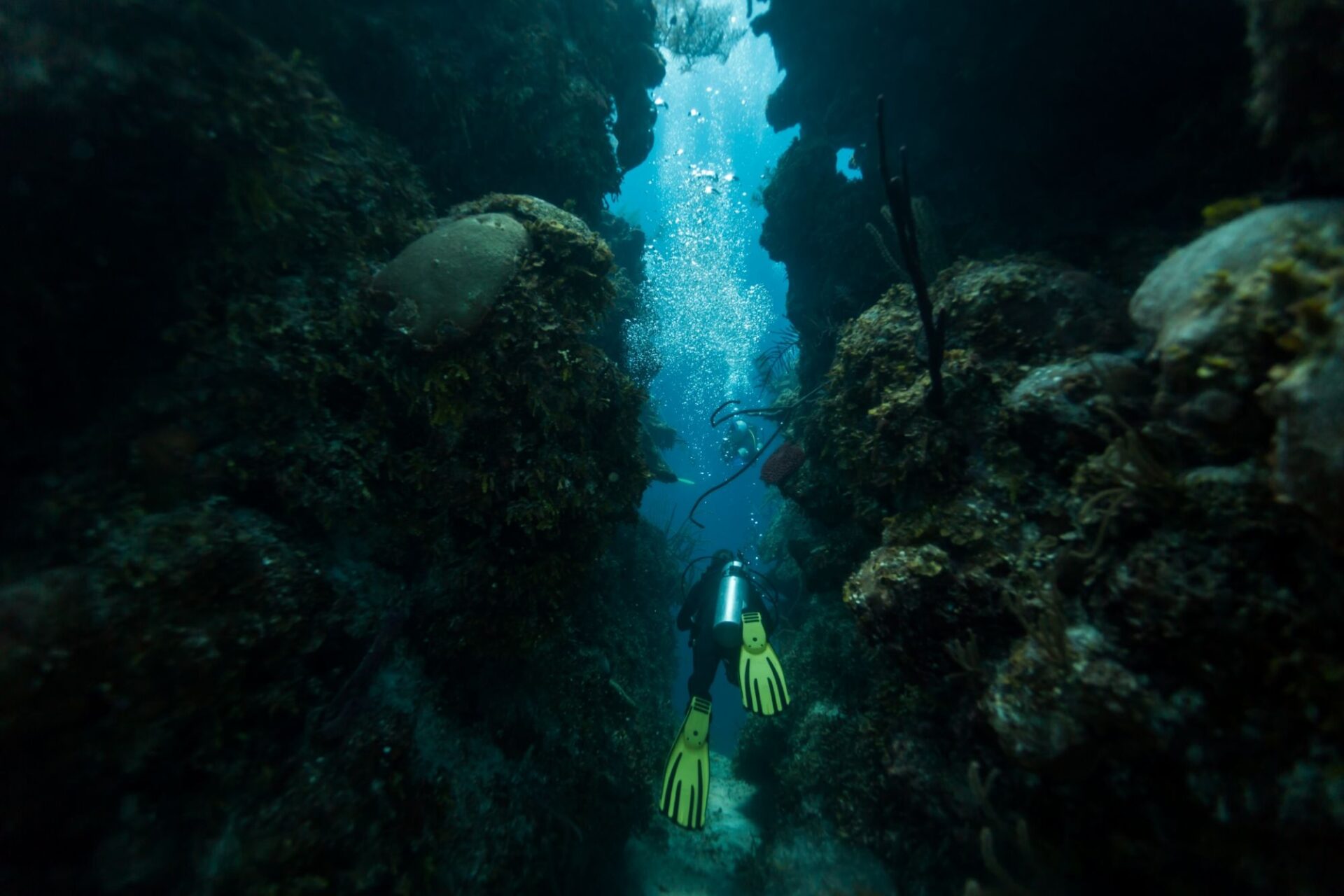
Scuba Spot
What It Contains
Although not the largest marine sinkhole, as China’s Dragon Hole holds that record, the Great Blue Hole is still an enormous structure. It can easily accommodate two Boeing 747 airplanes with ample space left. The hole’s sheer size and depth leave much to the imagination and make it challenging to fathom its contents.
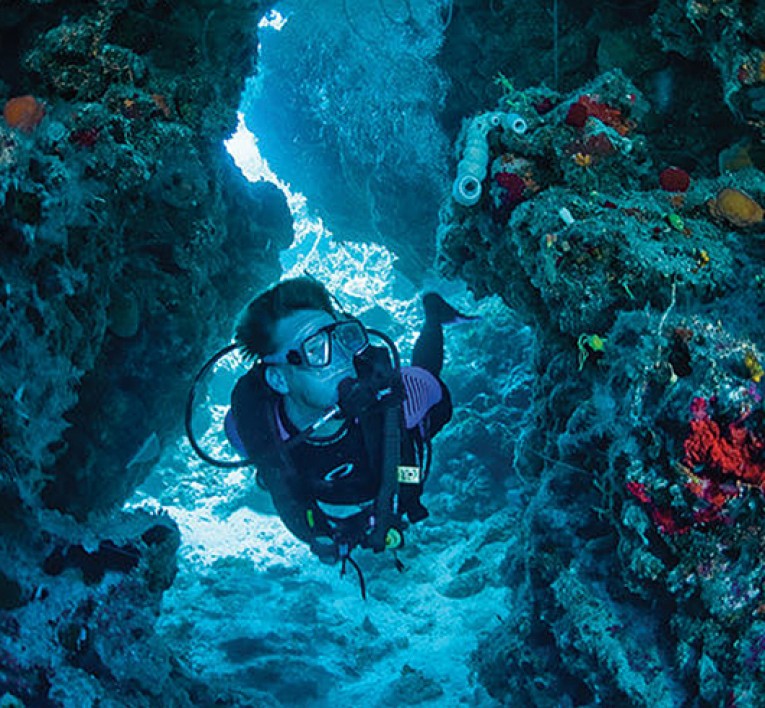
What It Contains
Unveiling the Mysteries
Richard Branson, the English entrepreneur and Virgin Group founder, is passionate about marine conservation and has devoted a significant amount of his time to uncovering the secrets of the Great Blue Hole.
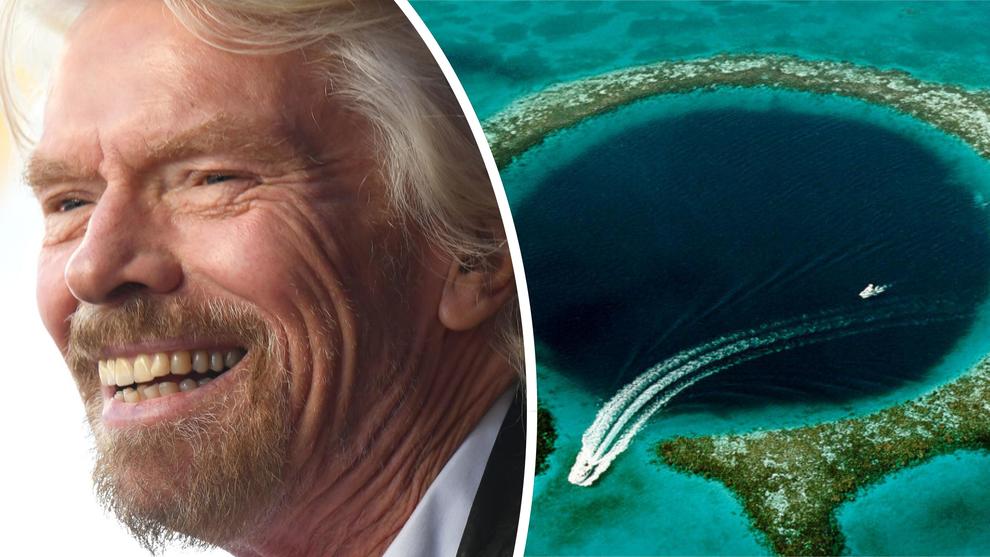
Unveiling The Mysteries
Joining Forces
Despite his numerous discoveries and adventures, Richard Branson sought additional assistance to unveil the mysteries of the Great Blue Hole. He teamed up with Fabien Cousteau, the grandson of Jacques Cousteau, with the hope of completing the work started by the famed French explorer.

Joining Forces
3D Imaging
The expedition’s main objective was to gain a more comprehensive understanding of the Great Blue Hole by utilizing cutting-edge 3D imaging technology. This would enable them to create a detailed map of the sinkhole’s interior.
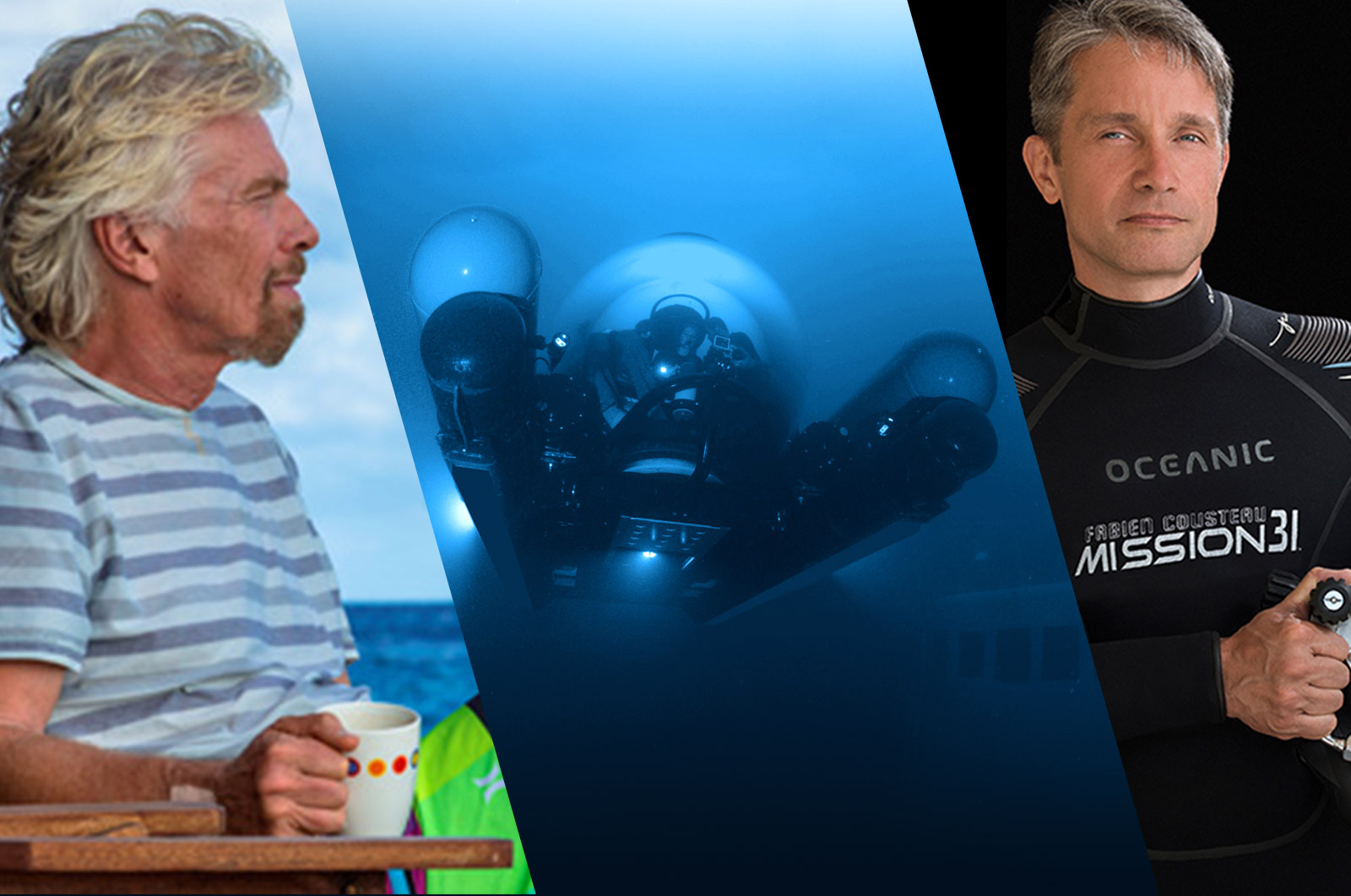
3D Imaging
Aquatic Life
In addition to mapping the sinkhole, Branson and Cousteau aimed to measure the oxygen levels and water quality in the Great Blue Hole. These measurements would help them determine the types of marine life that exist within the cavern.
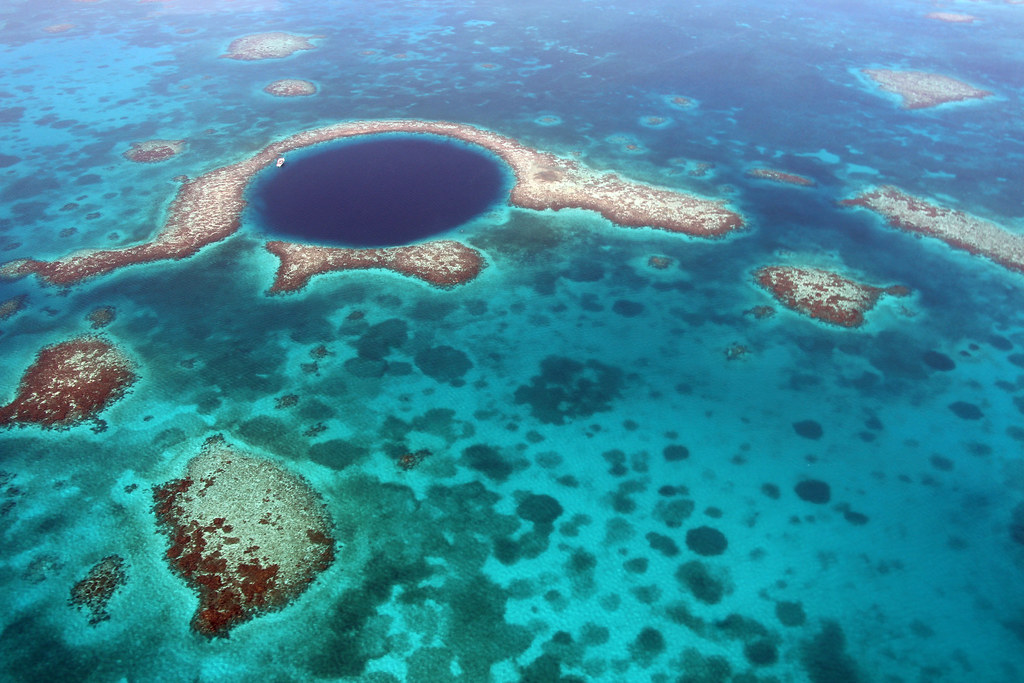
Aquatic Life
The Dead Zone
In addition, the team was determined to explore an area of the Great Blue Hole known as the dead zone, where oxygen levels are depleted. Cousteau and Branson were particularly intrigued by this zone, and sought to discover what kind of life could survive in such harsh conditions.
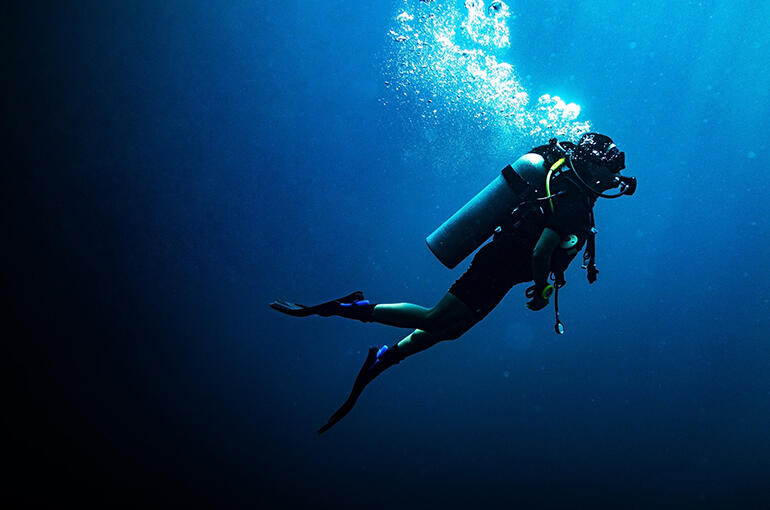
The Dead Zone
Preserved Life
The reason for their interest in exploring the dead zone was the possibility of uncovering clues related to the Mayan civilization. In this anoxic area, items do not degrade, which means that there is a possibility of finding preserved life.
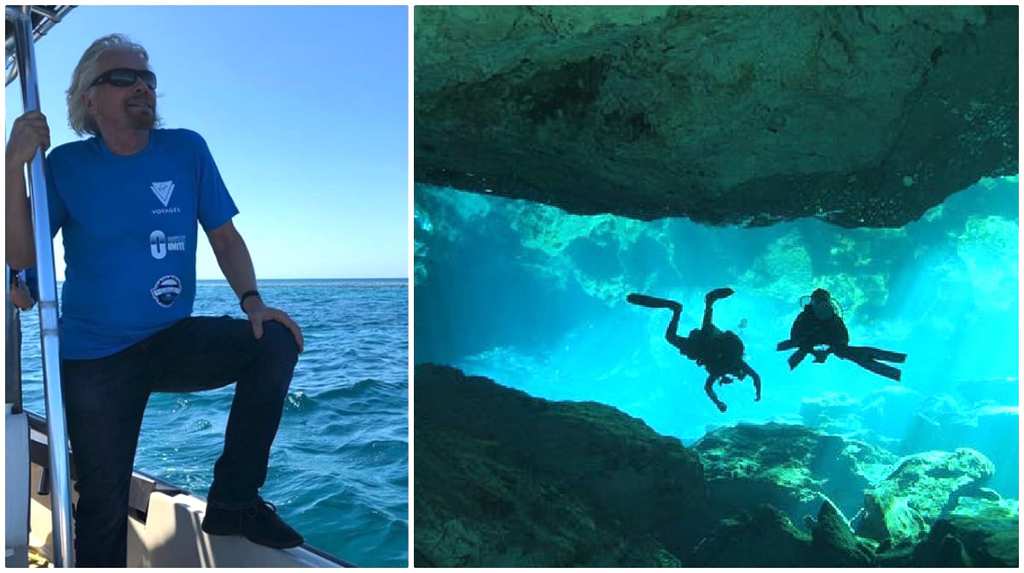
Preserved Life
Crushed by Water Pressure
Before the men could explore the sinkhole, they encountered a significant issue: most humans cannot dive deeper than 130 feet without being crushed by water pressure. This obstacle needed to be overcome before they could proceed with their plan.
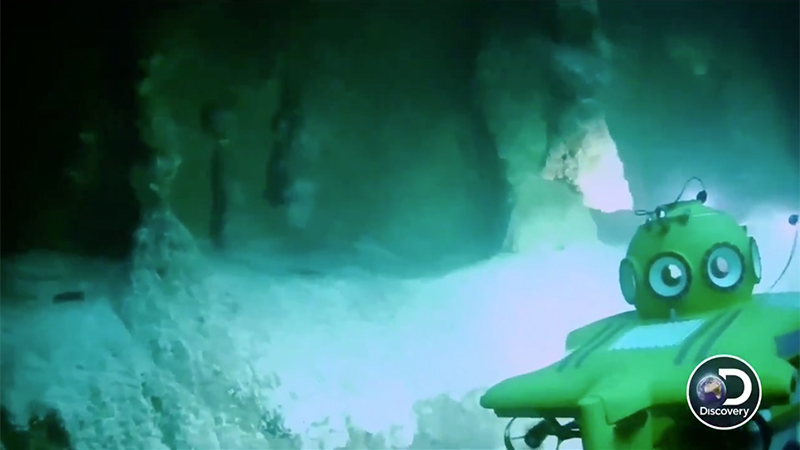
Crushed By Water Pressure
Captain Erika Bergman
Luckily, the team connected with Captain Erika Bergman, who could assist in diving beyond the 130 feet limit. Her state-of-the-art Stingray 500 allowed them to dive over 500 feet deep while recording high-definition footage of their expedition and without risking any lives.
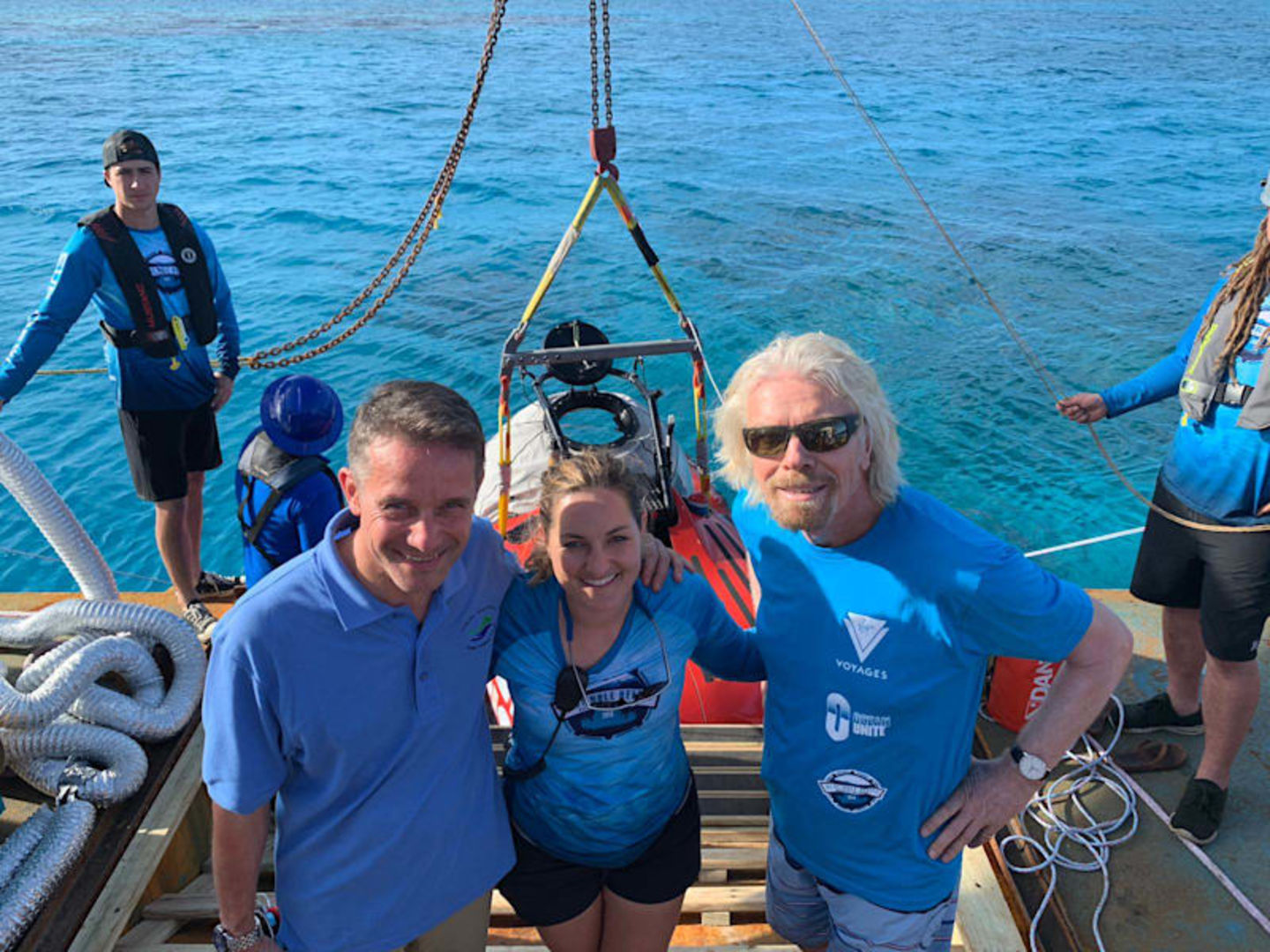
Captain Erika Bergman
Lighthouse Reef
On December 2nd, a team consisting of cinematographers, Bergman, Branson, and Cousteau began their carefully planned exploration to Lighthouse Reef. The expedition was being broadcasted worldwide, allowing viewers to join in on the adventure.
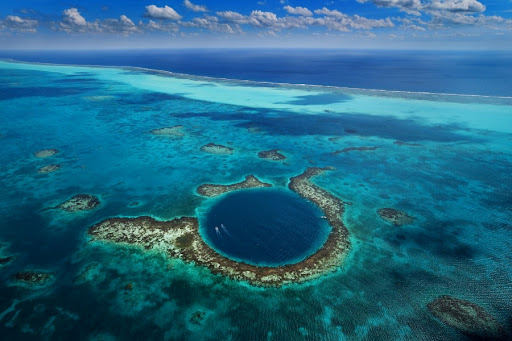
Lighthouse Reef
Darkness
Despite the crystal-clear appearance of the Great Blue Hole’s surface water, the team encountered total darkness as they delved further into the depths. They had no idea what awaited them.
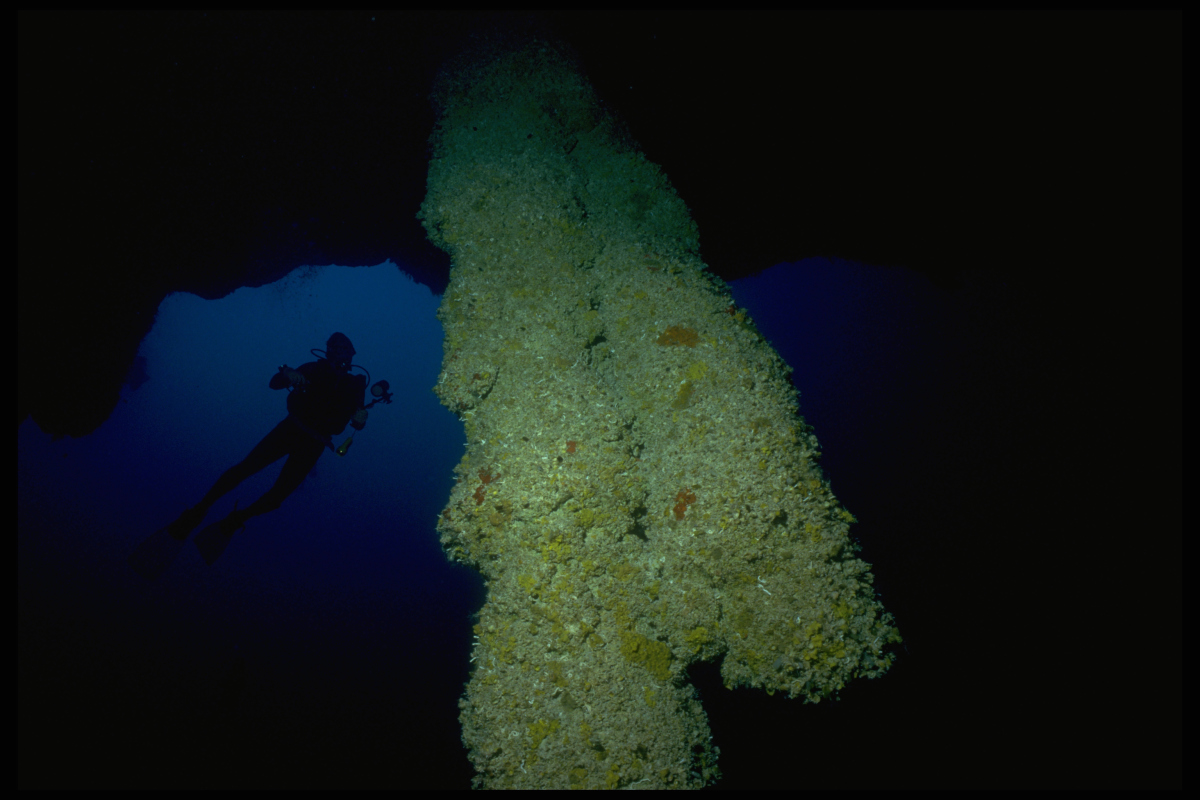
Stalactites In Blue Hole
Marine Life Encountered
As the team descended further, they were accompanied by a variety of fish. While some were common marine creatures, others were exotic, like the Midnight Parrotfish. The team also remained vigilant for the presence of aggressive bull sharks and hammerheads, known to frequent these waters.
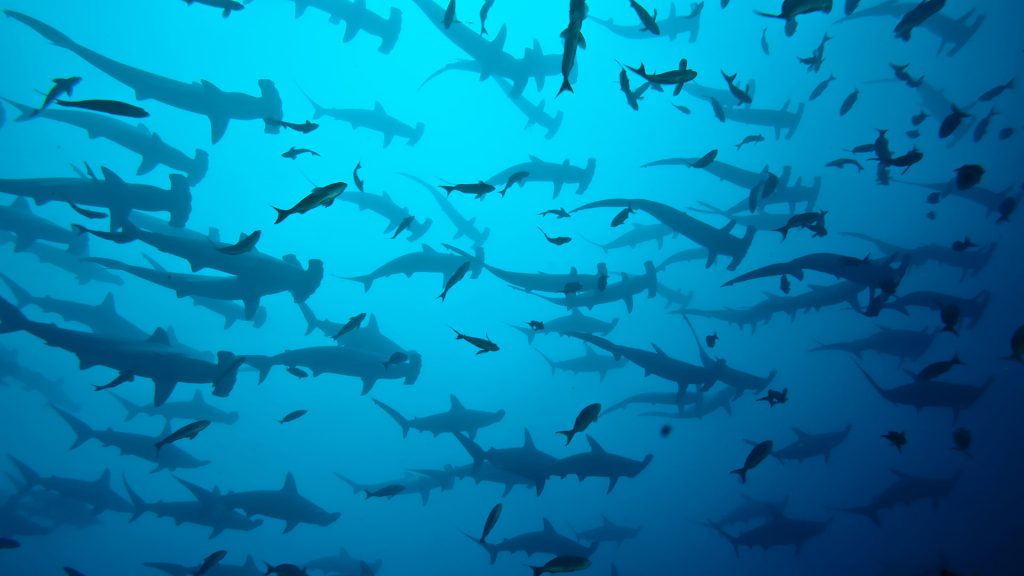
Marine Life Encountered
Mapping the Hole
As soon as the team arrived at the cavern’s floor, they began mapping its dimensions. However, after mere minutes of mapping, Branson and other members of the team noticed an unusual opening.
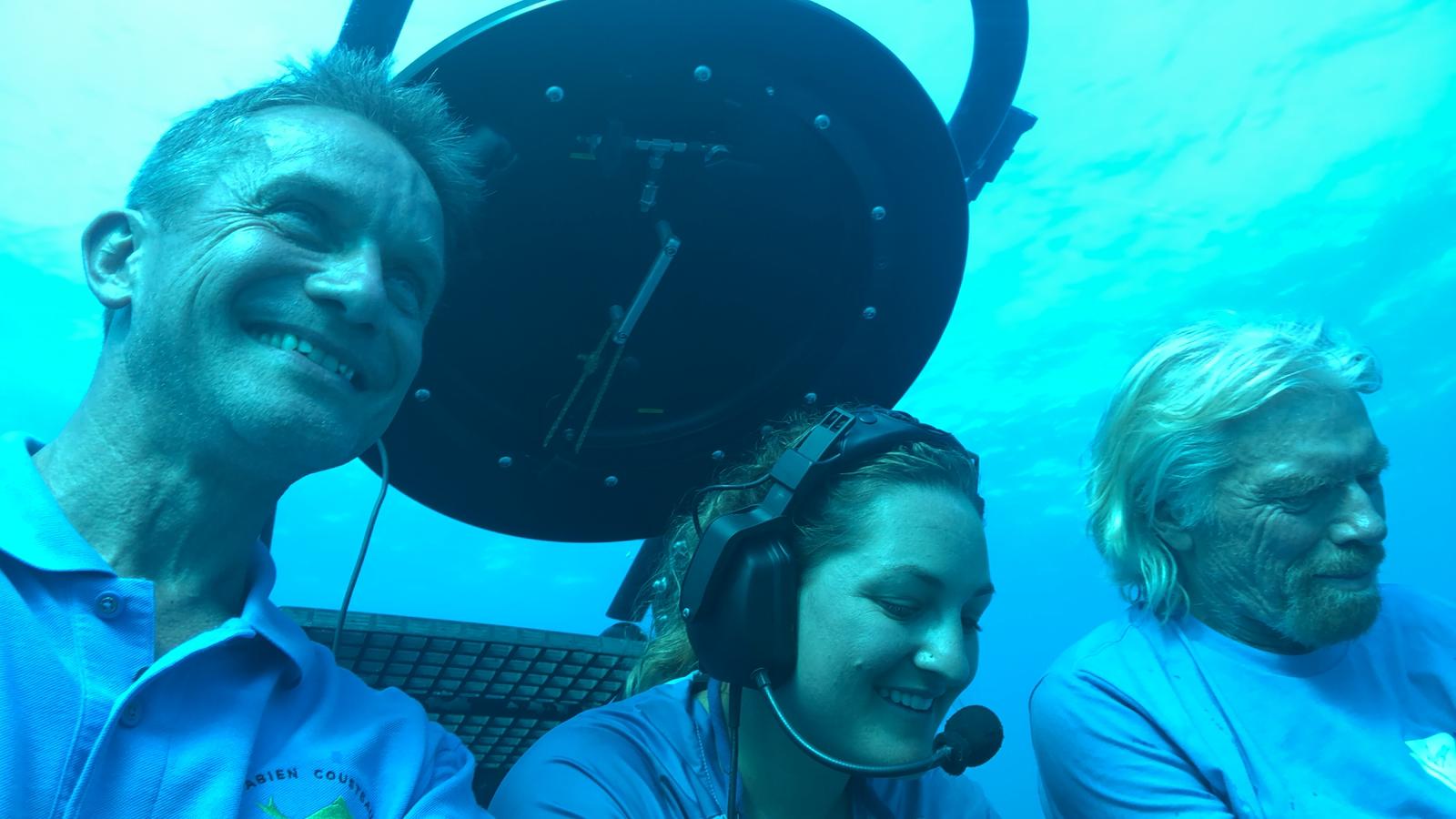
Mapping The Hole
A Strange Opening
Upon approaching the opening, the team stumbled upon the true treasure of their expedition. While this discovery might have been insignificant in a conventional cave system, finding it at such a great depth underwater was unprecedented.
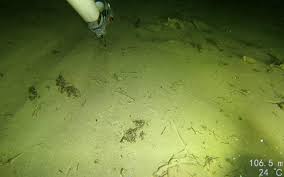
A Strange Opening
Stalactites
The team was amazed when they discovered stalactites as they approached the opening. This discovery was particularly special because it was unprecedented to find such formations at this depth underwater. If it had been found in a typical cave system, it would not have been as significant. What made this discovery even more remarkable was that these stalactites were more than 150,000 years old, and they typically only form in dry caves.
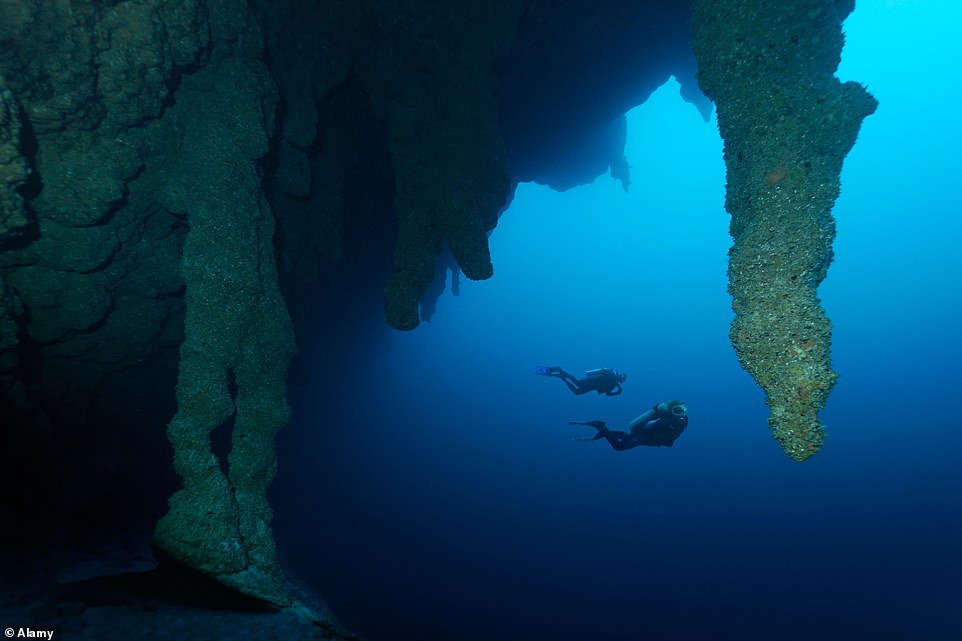
Stalactites
Something Remarkable
The incredible discovery made by these explorers indicated that the Great Blue Hole was formerly connected to a bigger cave system that was likely formed on dry land. While this was an exciting revelation, it also brought attention to a larger concern.
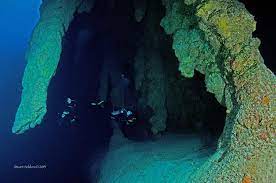
Something Remarkable
Global Warming
The discovery of the Great Blue Hole’s connection to a dry cave system was remarkable, but it also raised a significant concern. The fact that the sinkhole is now submerged in water is a clear indication that rising sea levels, caused by gradual global warming, have caused this change. It begs the question: is this a sign of what we can expect to see as global warming continues to impact our planet?
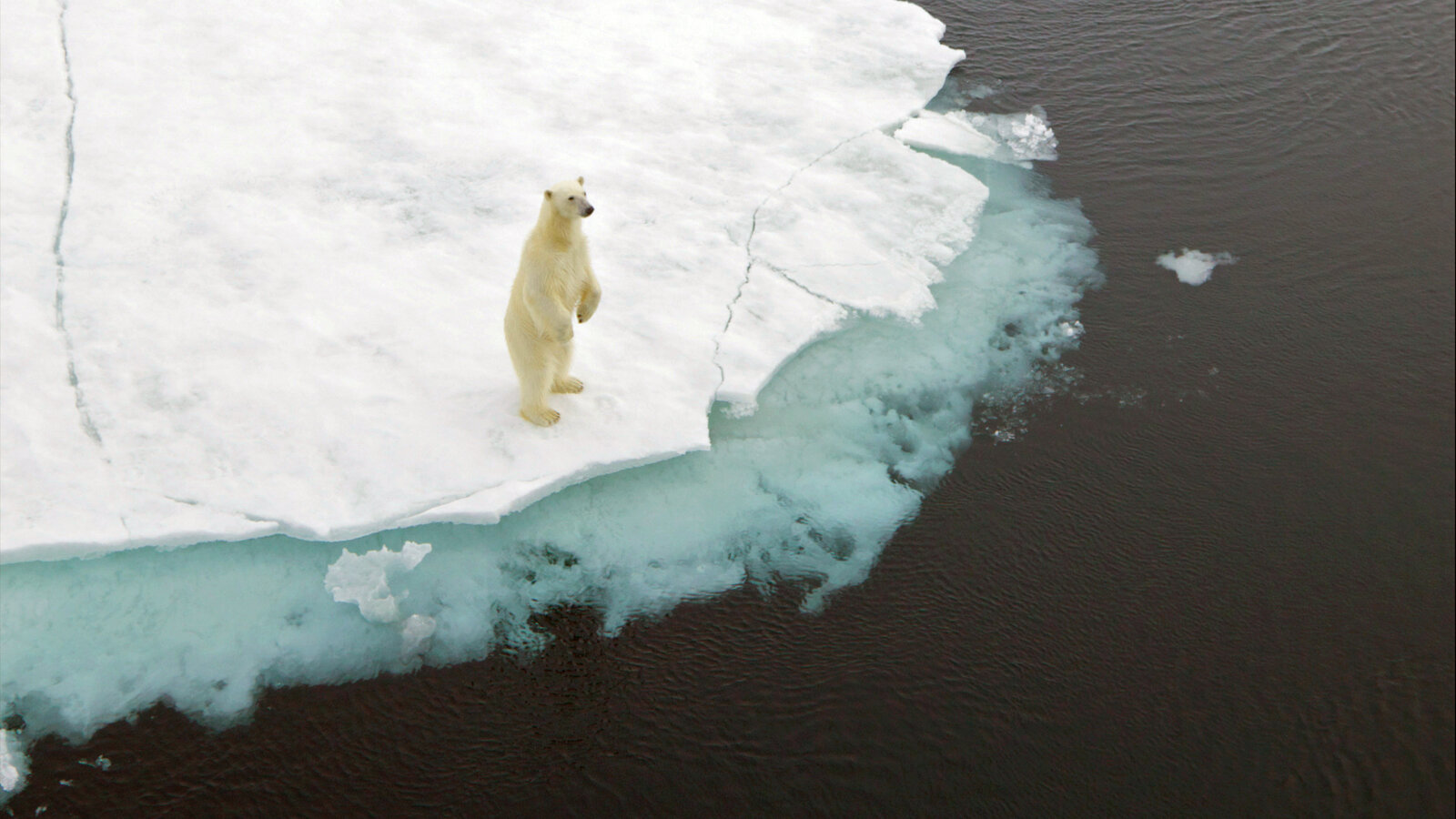
Global Warming
Protecting the Oceans
Richard Branson and his team strongly believe that the discovery of the Great Blue Hole being submerged in water due to rising sea levels is a clear indication of the gradual warming of Earth. They are convinced that this could be a sign of what we can expect as global warming continues to affect our planet. Therefore, Branson has actively contributed to the effort to protect at least 30% of our oceans by the end of 2030. They believe that now is the best time to ensure that the ocean remains covering two-thirds of our planet’s surface and not more.

Protecting The Oceans




